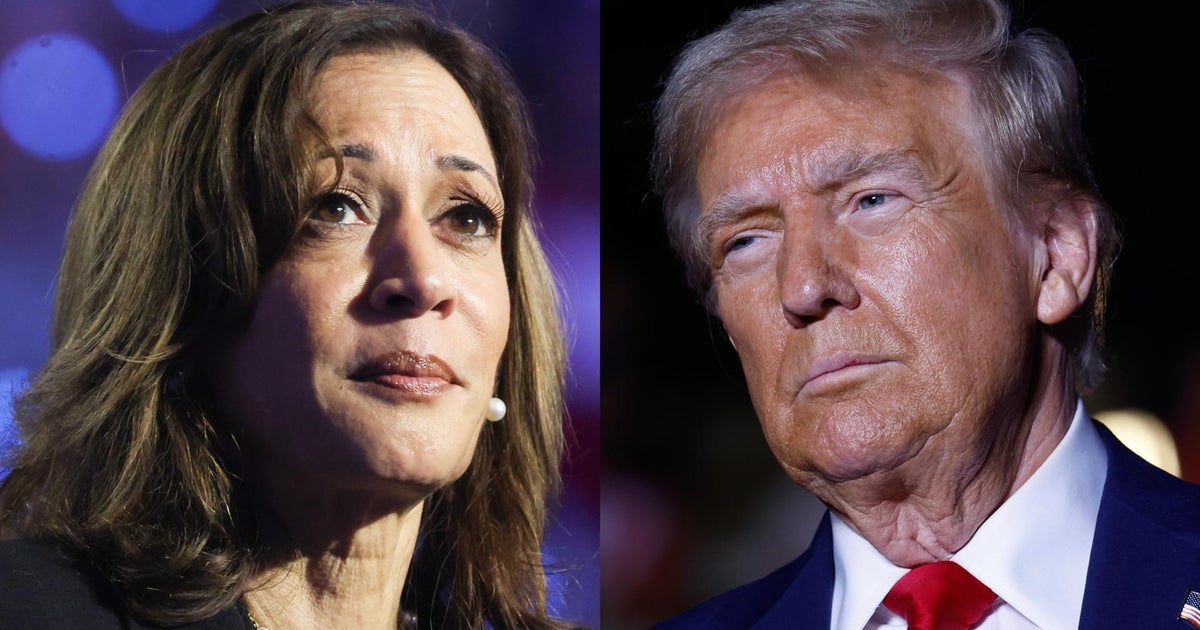What North Korea missile launch means for U.S.-China relations
North Korea rejected the U.N. Security Council’s statement on its latest ballistic missile launch and claimed its tests are in self-defense.
The Security Council unanimously condemned Sunday’s test during an emergency meeting Monday night, calling the launch a grave violation of international law. China signed onto that statement. The country is seen as one of North Korea’s only allies and its main lifeline.
Sunday’s launch came after months of silence from North Korea and at a sensitive time for Beijing, just as relations with the Trump administration were beginning to thaw. It adds another level of uncertainty to the region that is still trying to get a read on the new, unpredictable U.S. president, reports CBS News correspondent Adriana Diaz.
The missile tested was a new type, using solid fuel -- not liquid -- to eject from a mobile launcher. It’s more stable and allows for less advanced warning.
According to analysts, the achievement is a dangerous step forward in North Korea’s pursuit of a deliverable nuclear weapon, and it’s a first test for President Trump.
“Obviously, North Korea is a big, big problem and we will deal with that very strongly,” Mr. Trump said.
It also potentially pits the new U.S. administration against China, North Korea’s only major ally, less than a week after President Trump smoothed things over in a phone call with Chinese President Xi Jinping.
“China and the United States have fundamentally different approaches of dealing with North Korea,” said Tong Zhao, a fellow at the Carnegie-Tsinghua Center in Beijing. “China believes we have to gradually encourage North Korea to liberalize its economy to open up to the international community.”
Ninety percent of North Korea’s trade is with China, leading Western officials to accuse Beijing of propping up the neighboring dictatorship. But China said it’s doing its part by signing on to stringent U.N. sanctions.
“China has fully implemented the relevant Security Council resolutions,” said Foreign Ministry Spokesman Geng Shuang in Chinese.
China fears any further action could destabilize the already shaky regime and turn North Korea into its enemy.
“Now, the Western countries want China to take the consequences of provoking North Korea,” Zhao said.
“China doesn’t want to get caught in the middle,” Diaz said.
“Yeah,” Zhao said.
The U.S. and South Korea will hold annual large-scale military drills in March, largely seen by North Korea as a direct threat to their security. North Korea said Tuesday morning those could seriously undermine peace and security in the region. The drills could also close the door on any potential direct engagement with the U.S., and could push the North to test an even larger, more powerful missile.



